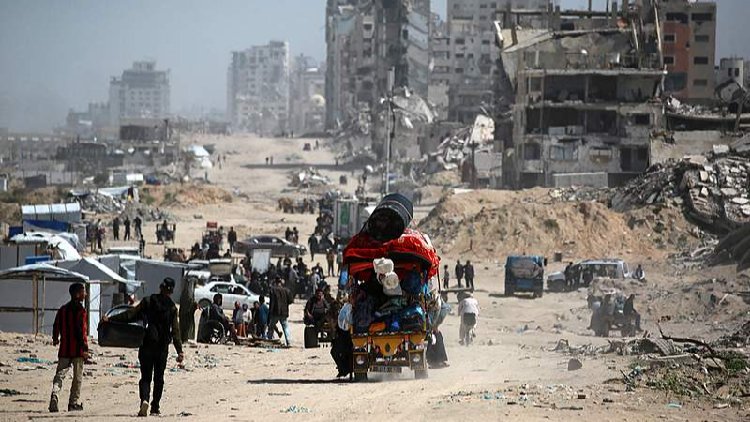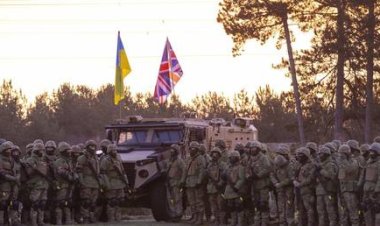UN Human Rights Council Calls on Israel to Avert Genocide in Gaza
The UN Human Rights Council's 58th session on Wednesday passed a resolution calling on Israel to take action to prevent genocide in the Gaza Strip.

Further condemnation is aimed at Israel for employing starvation as a tactic of warfare in Gaza, unlawfully denying humanitarian access, obstructing relief supplies, and depriving civilians of essential resources such as food, water, electricity, fuel, and telecommunications. Additionally, the resolution conveys deep concern about statements from Israeli officials that could be interpreted as incitement to genocide and asserts Israel's legal obligation to prevent such acts.
The resolution outlines several demands for Israel, including providing unimpeded humanitarian assistance, immediately restoring essential goods for Palestinian civilians in Gaza, and allowing displaced Palestinians to return to all parts of the Gaza Strip.
Moreover, it calls on the UN General Assembly to create "an ongoing international, impartial and independent mechanism" to investigate and prosecute individuals responsible for "the most serious crimes under international law" committed during the ongoing conflict.
Israel announced in February its decision to abstain from participation in the UN Human Rights Council and therefore did not attend the session where the resolution was adopted.
In a related development, the Israeli military ordered civilians in several areas of northern Gaza to evacuate immediately, citing intercepted rocket fire from the territory. Military spokesperson Avichay Adraee urged residents to "move immediately west to the shelters in Gaza City" and accused "terrorist organizations" of launching attacks "from among civilians."
Earlier on the same day, the Israeli military reported that its air defense systems had intercepted two rockets fired from northern Gaza. Air raid sirens were activated in communities adjacent to the Palestinian enclave, reported by police sources.
Additionally, Israel has intensified its operations in the southern part of Gaza. Prime Minister Benjamin Netanyahu announced a territorial expansion in this area, stating that troops are taking control of land to create a new security corridor. In a video statement, Netanyahu noted that operations had begun in the region between Khan Younis and Rafah, referring to this effort as a "second Philadelphi Corridor," similar to the buffer zone Israel maintains along its border with Egypt. He emphasized, "We are slicing up the enclave," reiterating a commitment to continue "striking militants and destroying infrastructure."
Separately, the Israel Defense Forces confirmed airstrikes in Syria targeting what they claimed were military bases in Homs and Hama, as well as infrastructure near Damascus. The IDF stated that these strikes aimed at "remaining military capabilities" at T-4 Air Base and Hama, along with selected sites in the Damascus area, framing the operation as a response to "threats against Israeli civilians."
According to the Syrian state news agency SANA, strikes were reported on an airport in Hama and areas near a scientific research center in the Barzeh neighborhood of Damascus.
Israel resumed extensive air and ground operations in Gaza on March 18 after weeks of restricting food and fuel deliveries to the Palestinian territory. Gaza's health authorities have reported that 1,066 Palestinians have been killed and 2,597 wounded since the escalation began, bringing the total death toll since the ongoing conflict started in October 2023 to 50,423, with 114,638 individuals injured.
Navid Kalantari for TROIB News












